When you’re embarking on a new career as a vintner, it doesn’t hurt to have a pre-existing reputation as a Master Sommelier and renowned wine writer.
While having such a resume was certainly a feather in Kansas City writer Doug Frost’s cap, he still had to answer the questions everyone does who’s opening a winery when he opened Echolands Winery in Walla Walla with business partner Brad Bergman in 2018.
Where would he make the wine? What style would he make? Would he source grapes or wait until he had his own estate with mature vines? And, finally, what was the timeline for opening a tasting room and winery?
Frost originally envisioned acquiring the land he wanted and waiting until he had grown fruit suitable for his first vintage, but he ultimately took a different path, opting to make wine sooner. Since 2018, he’s been sourcing grapes and using a custom crush facility.
He already has a couple of vintages under his belt. Having a relationship with a good crush facility can be a useful tool when getting started, Frost said.
“We appreciate this one because it’s all hands on, and it’s all controlled there,” Frost said. “They have staff that theoretically do all the work and control everything that happens in that space.
“We’re allowed in the facility, and the process has worked in our favor. During COVID, everyone was masked up and it was a very controlled environment.”
A vintner and his winemaker still have the ability to execute their vision in such a facility. It just takes planning, perseverance and a lot of work orders.
Frost still makes his home in Kansas City and splits his time between there and Walla Walla, where his full-time winemaker oversees production.
“Taylor Oswald, our winemaker, spends a lot of time writing work orders,” Frost said. “He writes a dozen work orders a day sometimes. He’ll write the order and will watch them do the work. If you want something done differently, you just tell them what to do here and there.”
Leaving the wine alone to do its thing is pretty much the best approach, anyway, Frost added.
“All you can do is screw it up, so you try to shepherd it forward with as little bad influence as possible,” he said. “If we don’t write the work order, nothing happens. Every time you top up and you open up the barrel, you’re doing the opposite of what you think you’re doing.”
Frost ultimately wound up in Walla Walla because he wanted his portfolio to include Syrah, favoring Northern Rhone wines with classic characteristics: highly acidic, lower ABV, and easy to drink. His portfolio also utilizes Grenache, Viognier, Cabernet Sauvignon and Cabernet Franc.
And at the end of the day, wine is subjective and you have to be honest with yourself about what type of wine you’re going to make, he noted, especially when making a wine like Syrah, he said.
“You’d be well advised to avoid it if you’re not passionate about it,” he said. “But I love that wine, and I love that grape.
“Wine can be cheap and cheerful. It’s a British phrase that encompasses what makes most wines really good. Wine doesn’t need to be $75. Most need to be cheap and cheerful, and then you drink that $75 bottle occasionally.”
As for keeping the wine around 13% ABV, Frost said it’s just his preference and that customers who want 16% ABV wines have plenty of options.
“I’m an old guy, and in the 70s, everything was 13%,” Frost said. “Wines were under 13%, even. As practices have changed in wineries and vineyards, the alcohol levels went up.
“When it came time to make wine, I wanted to see those wines I bought in the ’70s and ’80s, I think those wines are legit, and I think the winds are blowing back that way.”
Frost doesn’t plan to be making wine out of a custom crush facility forever. He said in October that he planned to open his off-site tasting room in November. Next year, he plans to break ground on Echolands Winery at Taggart Vineyard, where grapes were planted in 2019.
The message on his website is one of sustainability and conservation, something he acknowledges he can’t fully claim yet with the product that’s currently available for purchase.
Still, it remains the plan, he said, and he wanted to make his intentions known.
“We can’t prove anything until we’re using our own grapes, because we don’t have complete control,” Frost said. “Up to now, our vineyard, Taggart, has been organic, but I don’t know if we’re going to be able to sustain that. I don’t know what’s going to happen in the future.
“But I laid down the marker because that’s our intention, and I hope we’re going to be able to stick to it.”

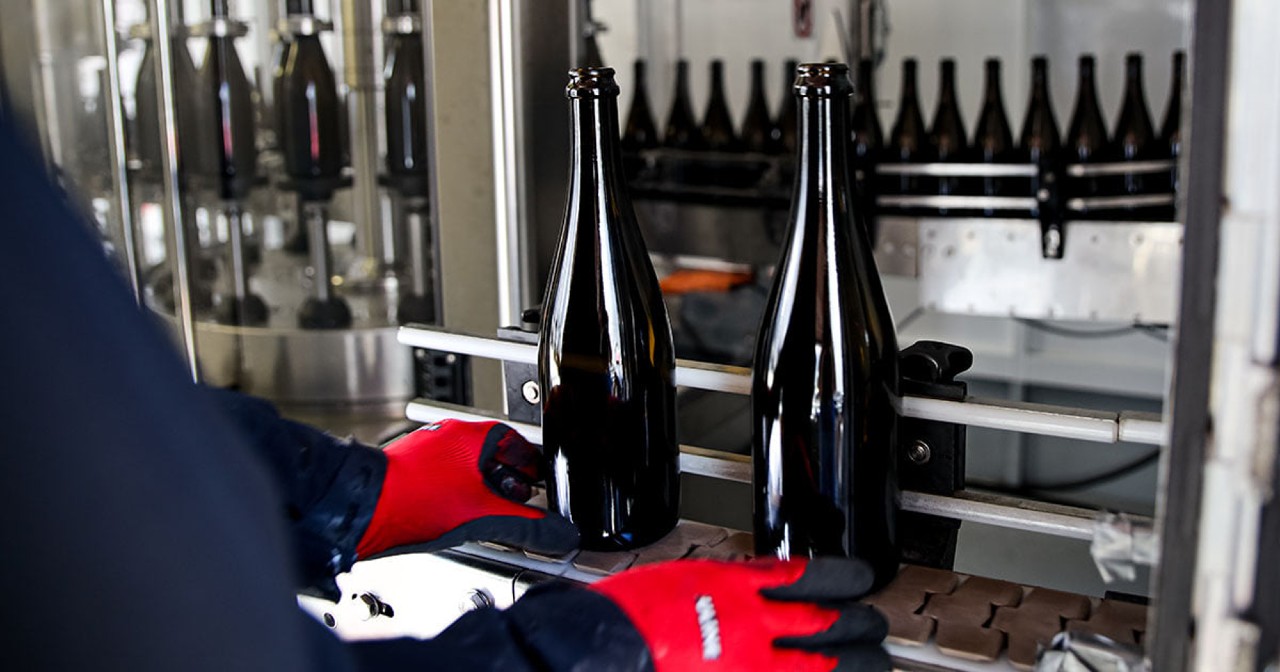
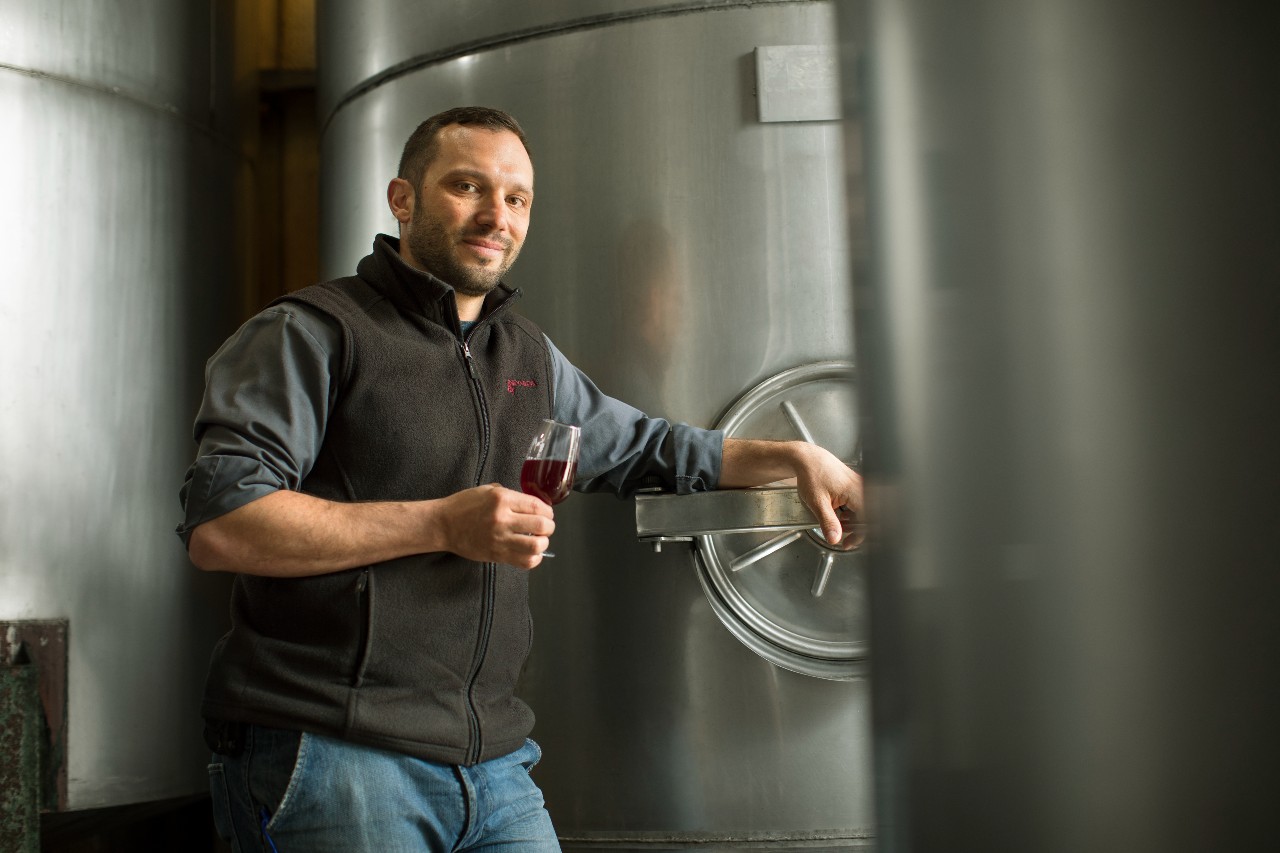
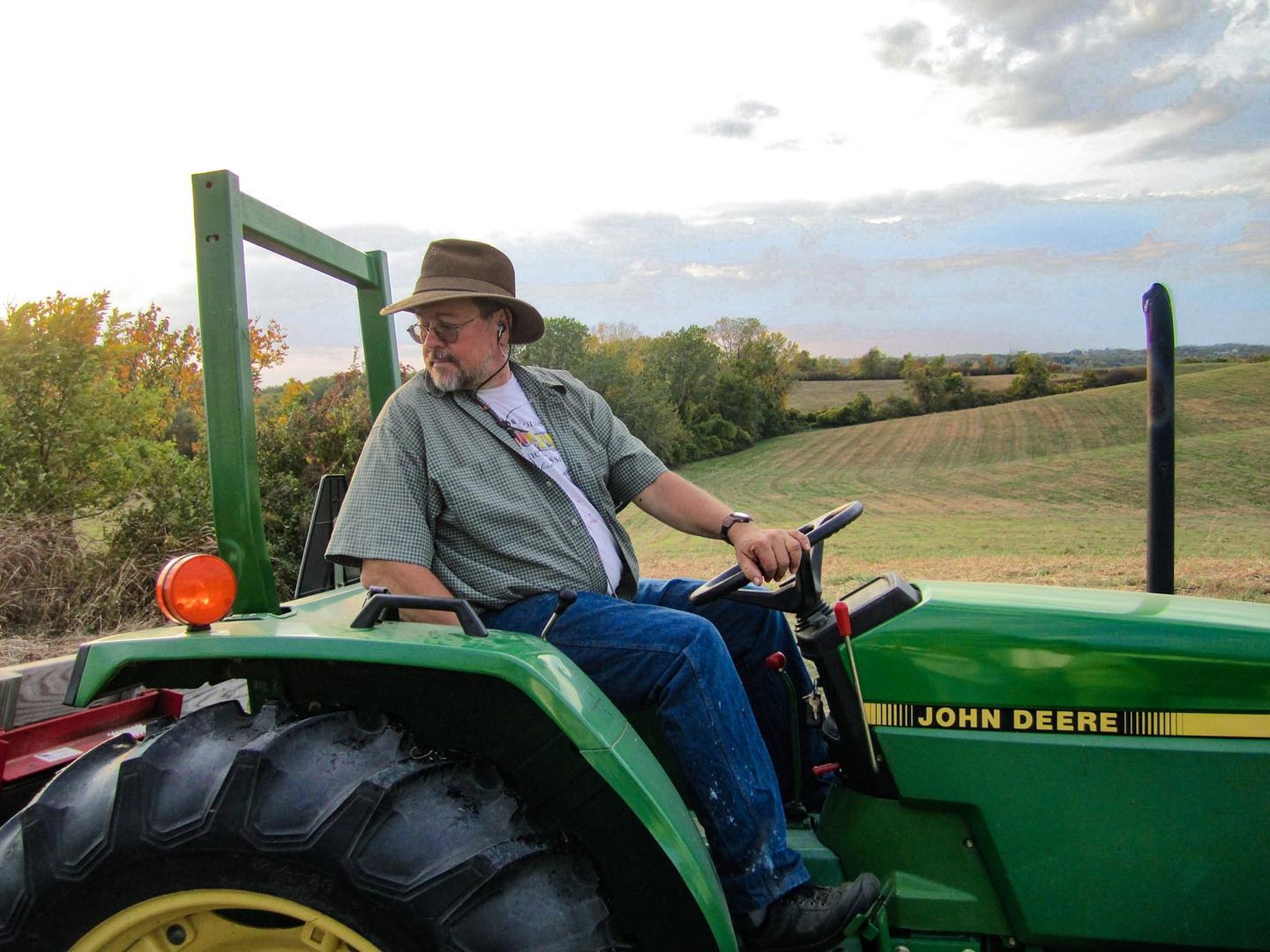
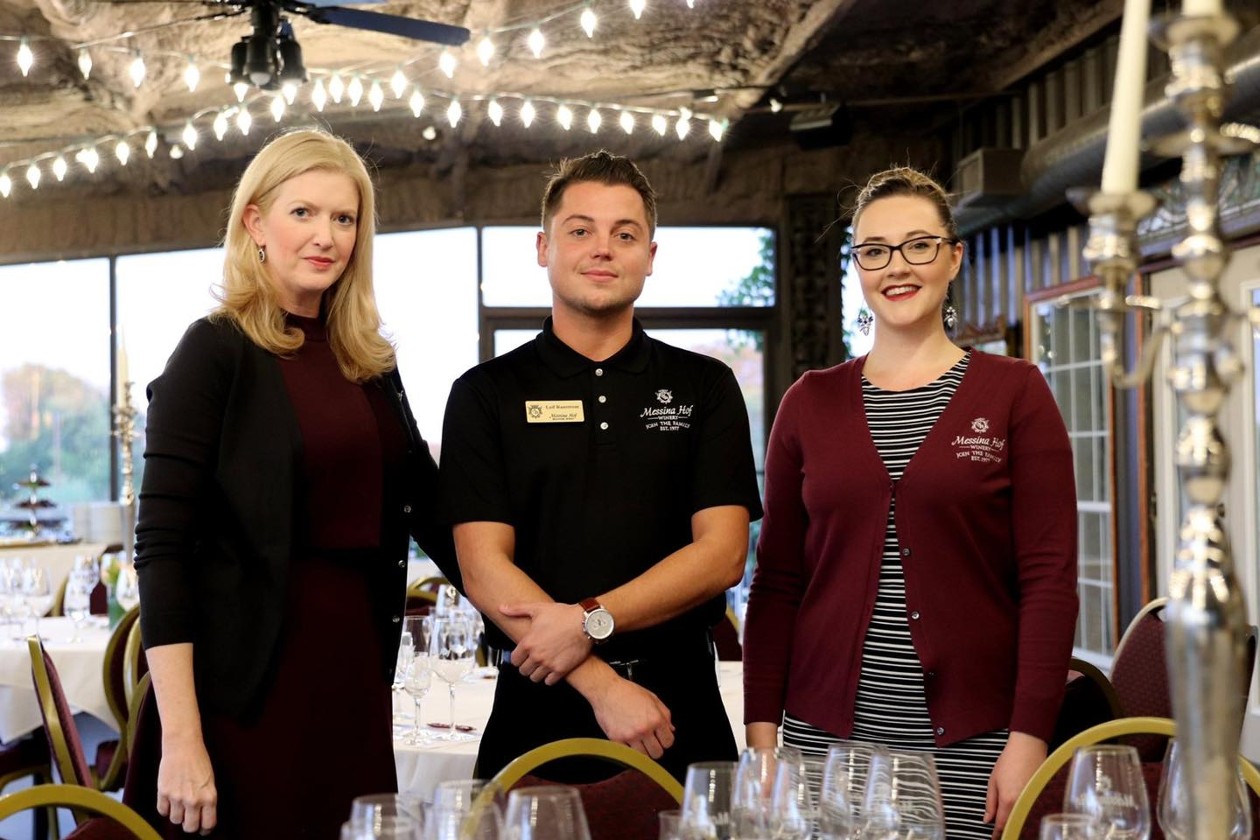
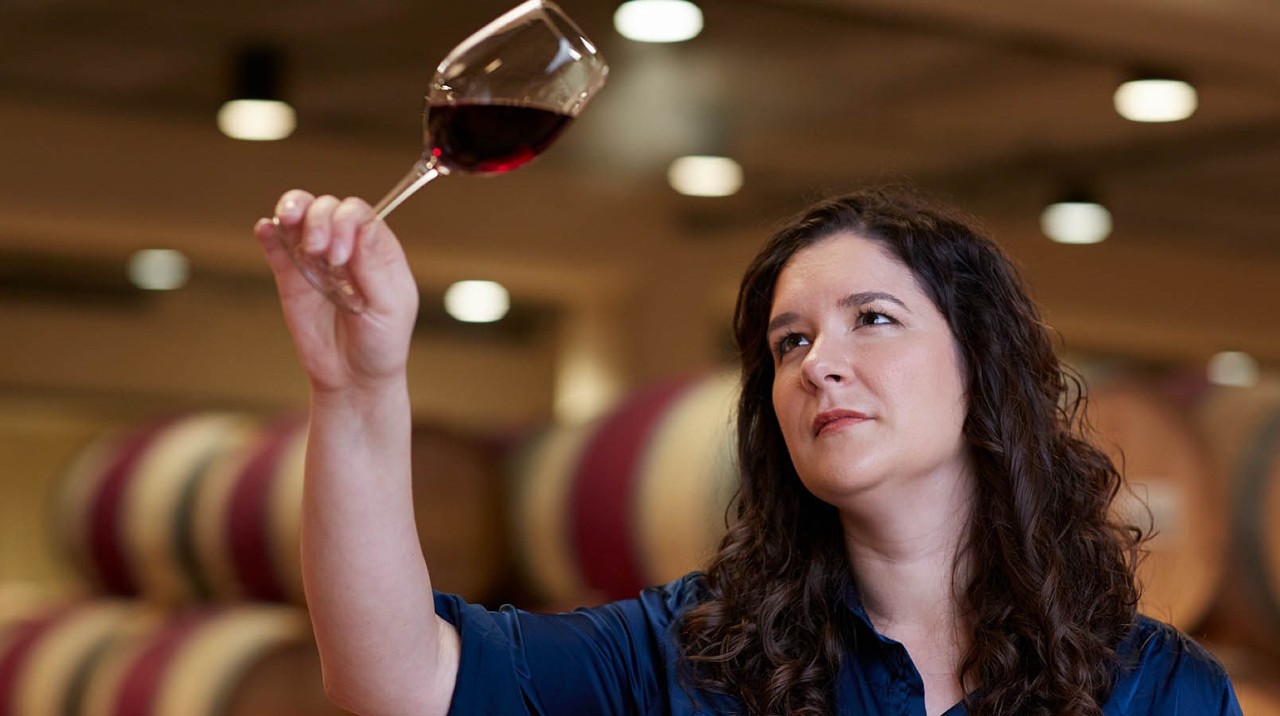

Be the first to comment